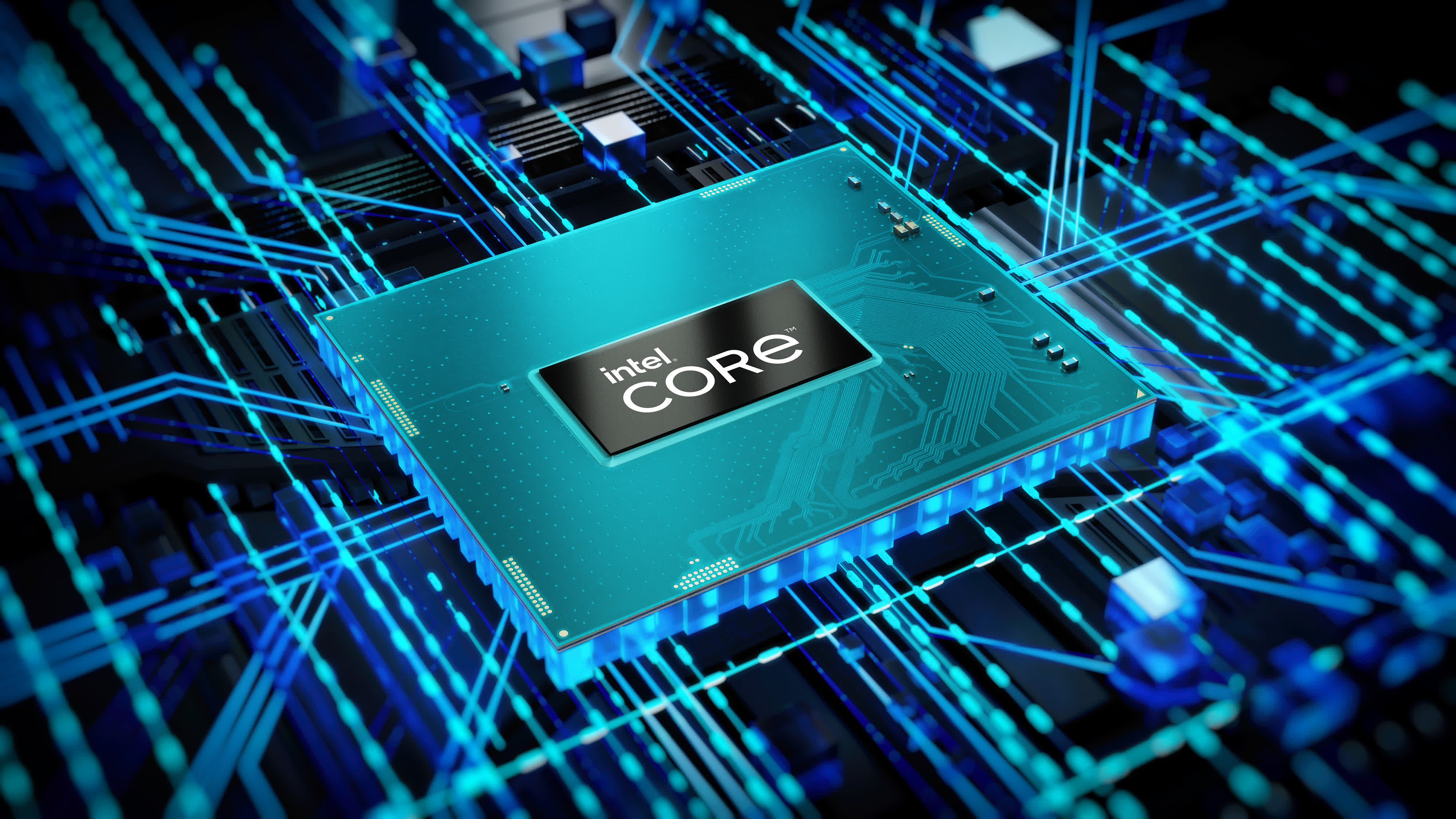The big picture: Intel previously confirmed that Raptor Lake is only a stopgap due to Meteor Lake not being ready on time. Leaks are now suggesting that many 13th-gen chips will use the same dies as their Alder Lake predecessors, with some only featuring minor frequency bumps.
Test entries of Intel's Raptor Lake H-series CPUs have been spotted in Geekbench's database, revealing some of the specs of the upcoming mobile chips. The system used for the benchmarks is labeled 'Samsung Electronics 960XFH', which is likely a development platform or an unreleased notebook.
The benchmark scores are nothing to write home about, but that could be due to the early firmware or an insufficient cooling solution. However, the new 13th-gen processors showed significantly higher boost clocks than their predecessors. Intel's flagship Core i9-13900HK had a maximum frequency of about 5.4 GHz during testing, 400 MHz more than the i9-12900HK. Meanwhile, the i7-13700H got up to around 5 GHz, 300 MHz higher than the current-gen i7-12700H.
[GB5 CPU] Unknown CPU
--- Benchleaks (@BenchLeaks) September 27, 2022
CPU: Intel CoreT i9-13900HK (14C 20T)
Min/Max/Avg: 4730/5372/5273 MHz
Codename: Raptor Lake
CPUID: B06A2 (GenuineIntel)
Scores, vs AMD 5800X
Single: 1817, +5.2%
Multi: 11799, +9.8%https://t.co/8C8aHv1Y7n
Core counts stay the same as both the i9 and the i7 feature six P-cores and eight E-cores, identical to their Alder Lake counterparts. The more interesting part is the cache sizes revealed by the Geekbench listings, as the Raptor Lake SKUs have an L2 cache size of 1.25 MB per P-core.
Recent leaks have suggested the new Raptor Cove P-core doesn't bring that many improvements to the actual core microarchitecture, with Intel mainly just upgrading the memory subsystem. One of those upgrades includes raising the L2 cache size to 2 MB per core.
If Geekbench's readings are correct, it could mean that these new processors will still use the Golden Cove architecture. That, in turn, would mean that Raptor Lake H-series chips could just be rebranded Alder Lake SKUs with higher clock speeds. Rumors indicate that Intel is planning to do the same with lower-end (locked i5 and below) 13th-gen desktop CPUs.
Intel previously confirmed that it would launch Raptor Lake mobile processors by the end of the year, although it's unclear if this includes the H-series.
